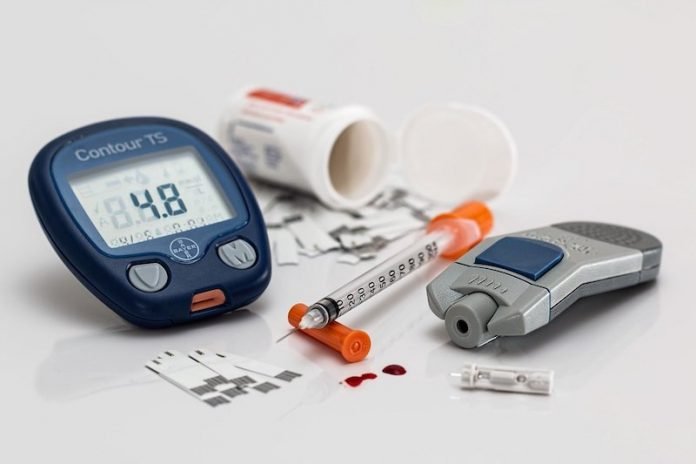
In a new study, researchers discovered one of the reasons why more than 50% of people with type 2 diabetes die from heart disease.
And perhaps more significantly, they found how to treat it.
The research was conducted by a team at the University of Otago.
It has been known that stem cells in the heart of diabetic patients are impaired. While stem cell therapy has proved effective in treating heart disease, it is not the case in diabetic hearts.
It has not been known why; until now. It comes down to tiny molecules called microRNA which control gene expression.
In the study, the team identified the number of microRNAs that are impaired in stem cells of the diabetic heart.
Among several microRNAs, they identified that one particular microRNA called miR-30c—which is crucial for the stem cells’ survival, growth and new blood vessel formation—is reduced in the diabetic stem cells.
All these functions are required for stem cell therapy to be successful in the heart.
The team also confirmed that this microRNA is decreased in the stem cells collected from the heart tissue of the patients undergoing heart surgery.
Researchers were able to then increase the level of the lacking miR-30c in the heart by a “simple injection.”
They found this resulted in significantly improving the survival and growth of stem cells in the diabetic heart.
This discovery has newly identified that impairment in the microRNAs is the underlying reason for the stem cells being not functional in the diabetic heart.
More importantly, the results have identified a novel therapy for activation of stem cells in the heart using microRNA, without the need to inject stem cells, which is a time and cost-consuming process.
Apart from identifying the reasons for poor stem cell function in a patient with diabetes, the novel therapy of using microRNA could change the treatment method for heart disease in diabetic individuals.
One author of the study is Associate Professor Rajesh Katare.
The study is published in Diabetologia.
Copyright © 2021 Knowridge Science Report. All rights reserved.



